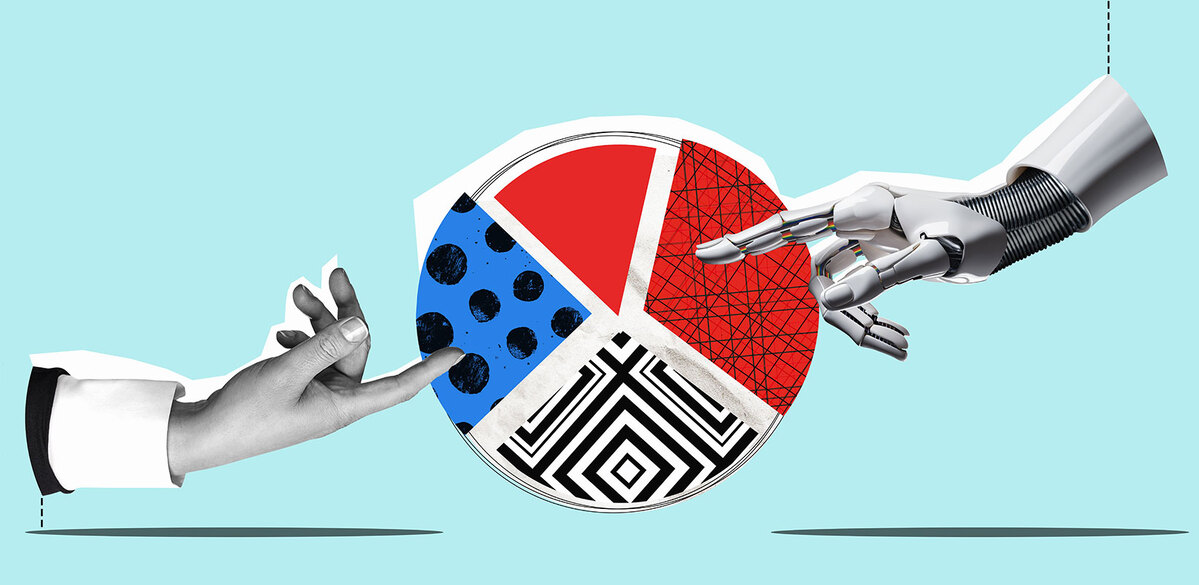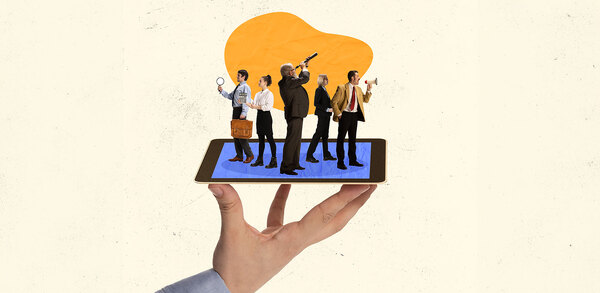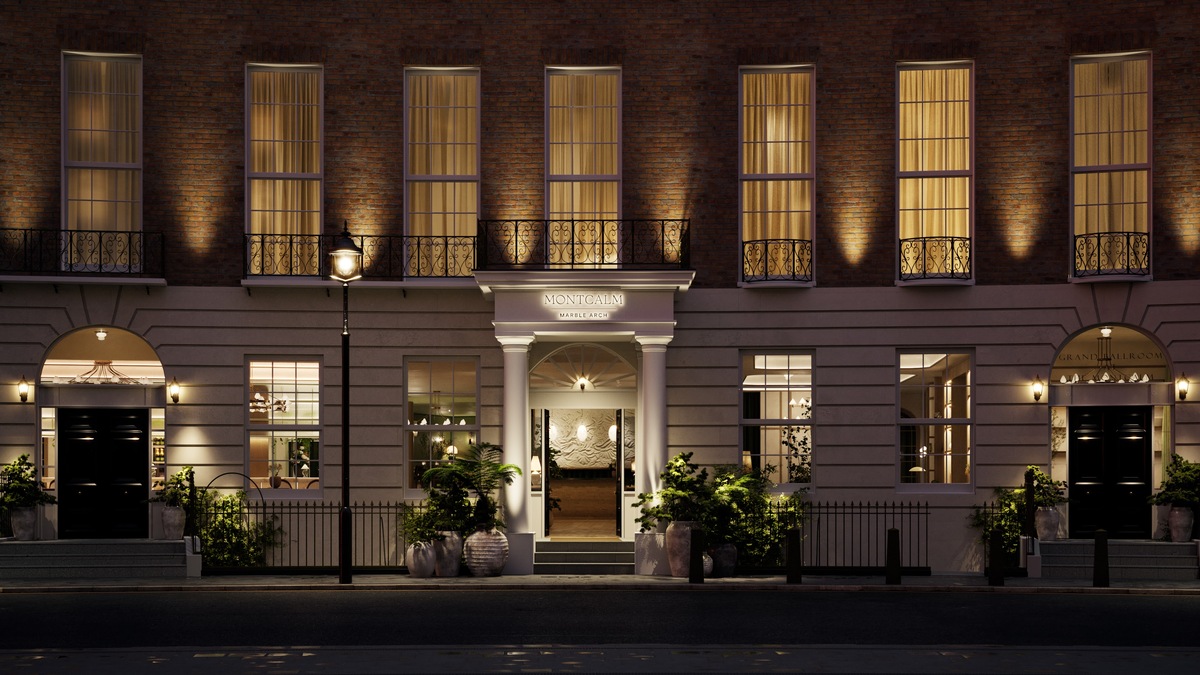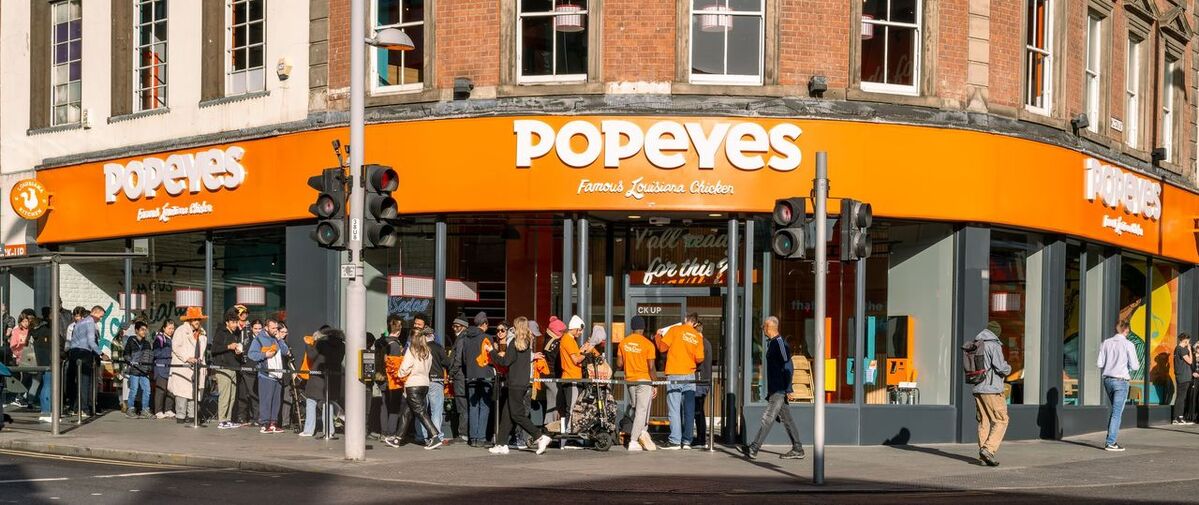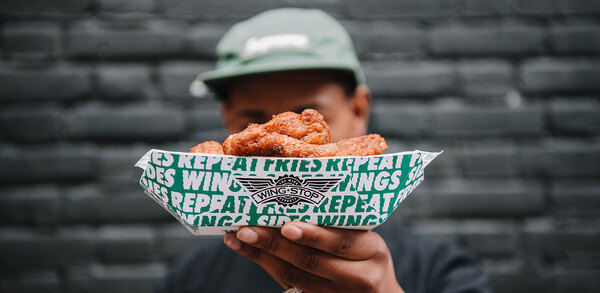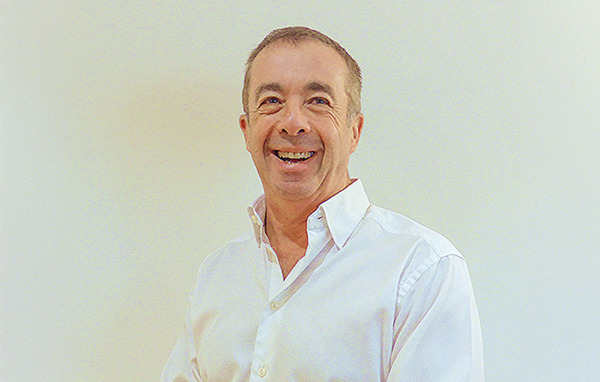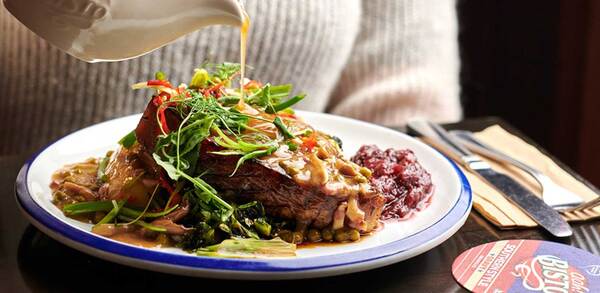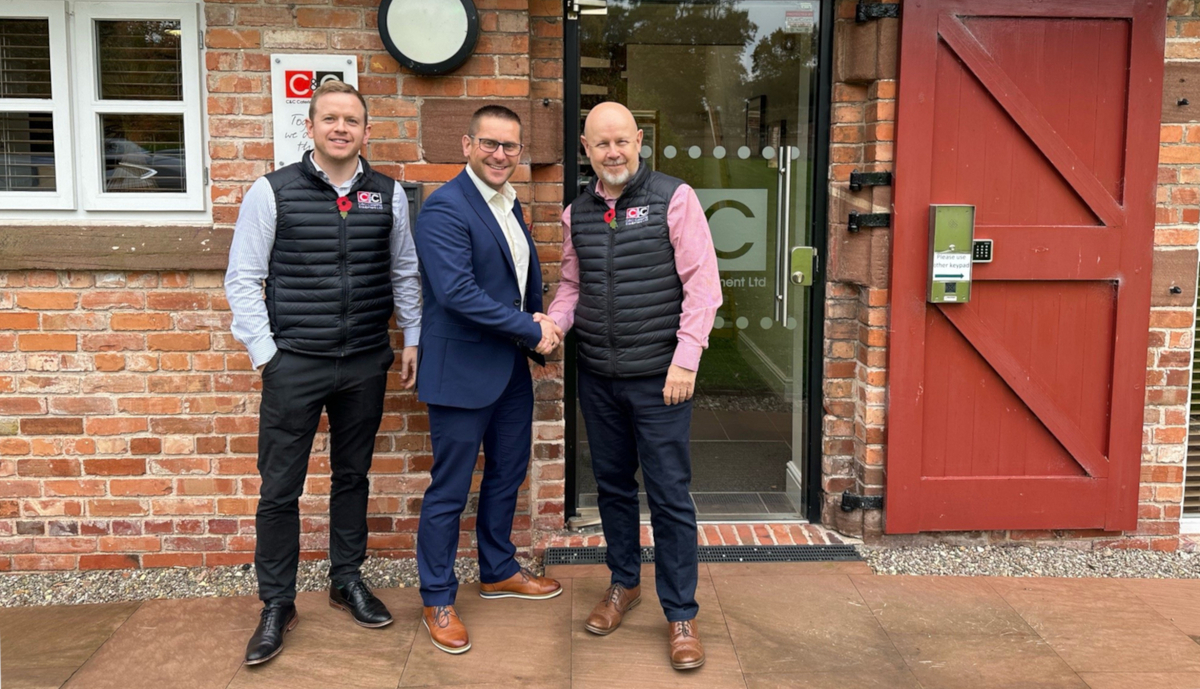AI for everyone: How hospitality is running on artificial intelligence
Artificial intelligence is becoming embedded, taking up the slack on chores such as checking appliances or forging a new and easier path with super-efficient shift allocation. Ben Walker investigates the latest innovations
From artificial intelligence tray scanners reducing queuing times in canteens to ovens recognising the food placed on the tray, AI has integrated into hospitality in a meaningful way. As well as taking over repetitive and dreary jobs, freeing up staff to spend more time with customers, it has gradually become part of the team: a silent partner recording sales data to make spending efficiencies, or offering a round-the-clock digital assistance service to guests.
Here we take a look at how AI is being used in hospitality in an everyday manner, and bringing about a quiet revolution.
Want to learn more about AI? Join The Caterer’s AI Summit on 26 February.
Restaurant Associates banks on AI tray scanners

Restaurant Associates needed to solve long queues and slow payment procedures for employees at two London investment banks, and AI tray scanners from Autocanteen provided the solution.
The self-checkout terminals do not process barcodes. Instead, the system identifies all items on a tray – from fruit to plated meals – via a 3D image scanner. The list of purchases appears on a screen and the electronic point of sale system, which can handle credit cards, print receipts and apply taxes, is ready for payment. The average transaction now takes 10 seconds, down from 28, significantly reducing queuing times.
Kenny Leamy, head of digital at Restaurant Associates, says: “The introduction of AI tray scanners has driven an average 33% increase in uptake, supporting the successful return of employees to the workplace. Paired with an omnichannel strategy, including a bespoke app and loyalty programme, these innovations have significantly elevated the customer experience and boosted engagement in our cafés and restaurants.”
Unox puts AI in the oven

Optic.Cooking, launched by Unox UK in 2024, can identify food placed in an oven via an optical sensor and start the correct cooking programme automatically. The technology is an optional accessory for use in Unox combi ovens.
A hospitality company with 1,500 sites is currently trialling the system. Scott Duncan, managing director of Unox UK, says: “Because the ovens can be programmed to share recipes across multiple kitchens and oven profiles, a tray of potatoes can be consistently cooked to the same specifications in Manchester as they are in Cornwall, thanks to the connectivity of the ovens and AI capabilities.”
Duncan says the technology is easy to use while delivering the peace of mind that dishes are cooked correctly. A kitchen assistant can use the kit rather than a qualified chef, and so Optic.Cooking claims to overcome some key operational challenges such as skills gaps, staff turnover, consistency and cost of labour.
RBH Hospitality Management saves energy with ESDL UK
When more than one key card is provided to guests when they check into a hotel, they will typically leave one card in the slot while they are not in the room, wasting energy. At the 210-room Crowne Plaza London Docklands, RBH Management installed a Room Energy Management System (REMS) that overrides this practice with a network of sensors and a centralised room controller. The system, by ESDL UK, cost £133,000 to install and, in the eight months to March 2024, resulted in £4,505 savings a month, with a payback period of 29 months.
The technology fully integrates with existing management systems, offering 24/7 access to controls and settings. It creates a set of parameters depending on whether rooms are occupied, unoccupied or unrented for longer periods of time. When factors such as sun exposure, insulation and thermal leakage are taken into consideration, the data collected by the sensors can allow hoteliers to identify the least energy-efficient rooms and take corrective action.
Fitz Group reduces costs with Tenzo AI-powered forecasting

Tenzo’s AI-generated demand forecasts layer historical sales data over weather, events and holidays, and claim to be 30% more accurate than traditional forecasting methods.
Fitz Group has five restaurants in Paris using Tenzo. The group’s managing director Nick Heys says: “Tenzo’s forecasting enabled us to get a view as to what the revenue is going to be, per restaurant, per day. From there, the general managers could work backwards and decide how much labour and purchasing to put against those sales forecasts.”
Since embedding Tenzo’s demand forecast into their weekly processes, the group has made savings: “After three months, we saw a significant improvement in our variable costs. We’ve gained about three percentage points on our prime costs, which goes straight to the bottom line in terms of improving our group profitability,” says Heys.
Tenzo says its forecasts allow restaurant businesses to staff and order more accurately, saving on costs, cutting food waste and creating a happier workforce who don’t get sent home or called in at the last minute.
Restaurant Associates serves up smart coffee machines
Telemetry in machinery refers to the use of sensors and communication systems to remotely monitor and collect data from equipment. When AI is integrated into telemetry systems, it can track usage patterns and troubleshoot, as well as providing insights into whether the equipment is operating optimally or if preventive maintenance is needed.
By connecting espresso machines and grinders to WiFi, telemetry enables businesses to monitor key performance metrics remotely.
“A coffee machine being out of action for a morning can mean a significant loss of revenue,” says Jack O’Keefe, head of coffee at Restaurant Associates, “so this is a real advancement. Previously we would have needed someone on the ground to diagnose problems or track performance, but with this technology, we can improve efficiency and have actionable data that will help run a smoother and more profitable business.”
Personalised recommendations from Alliants
Alliants is a provider of omni-channel messaging, personalised concierge recommendations and real-time digital itineraries to several luxury hotel groups, including Nobu, Sea Containers London and Raffles London at the OWO.
Andrew Pirret, senior vice-president of product at Alliants, says: “As more and more people are booking stays from their mobile devices, we must focus on how we can make that easy, engaging and enjoyable for the guest.”
Operators benefit from single-view guest profiles and preferences, automation and data-driven insights to benchmark their operation and enhance the guest experience.
The messaging component (14 channels, automatic translation into 100+ languages) allows staff to text with guests in their chosen language and channel, whether that’s WhatsApp, WeChat or email. Replies to FAQs can be automated.
Pirret added: “By leveraging AI’s capabilities for data security and adopting best practices such as encryption and careful access control, hotels can keep sensitive information safe while still delivering personalised experiences.”
The Caterer’s AI Summit

The Caterer will be looking at how operators can use AI to improve business efficiency in our free AI Summit on 26 February.
In the webinar you will learn how to:
- Automate time-consuming tasks, allowing your staff to focus on exceptional guest experiences
- Improve operational efficiency and cut costs through predictive maintenance and smart scheduling
- Personalise guest experiences with real-time insights, driving repeat bookings and loyalty
- Use AI to optimise pricing, booking and payments
For more information and to sign up, click here
Photo: Igor Link/Shutterstock



